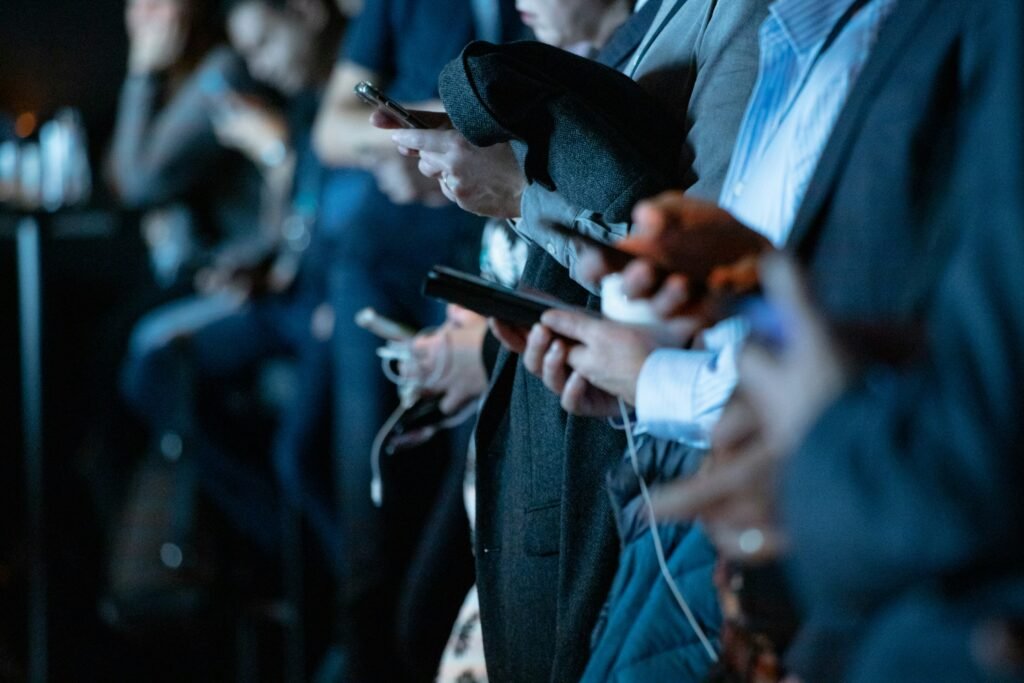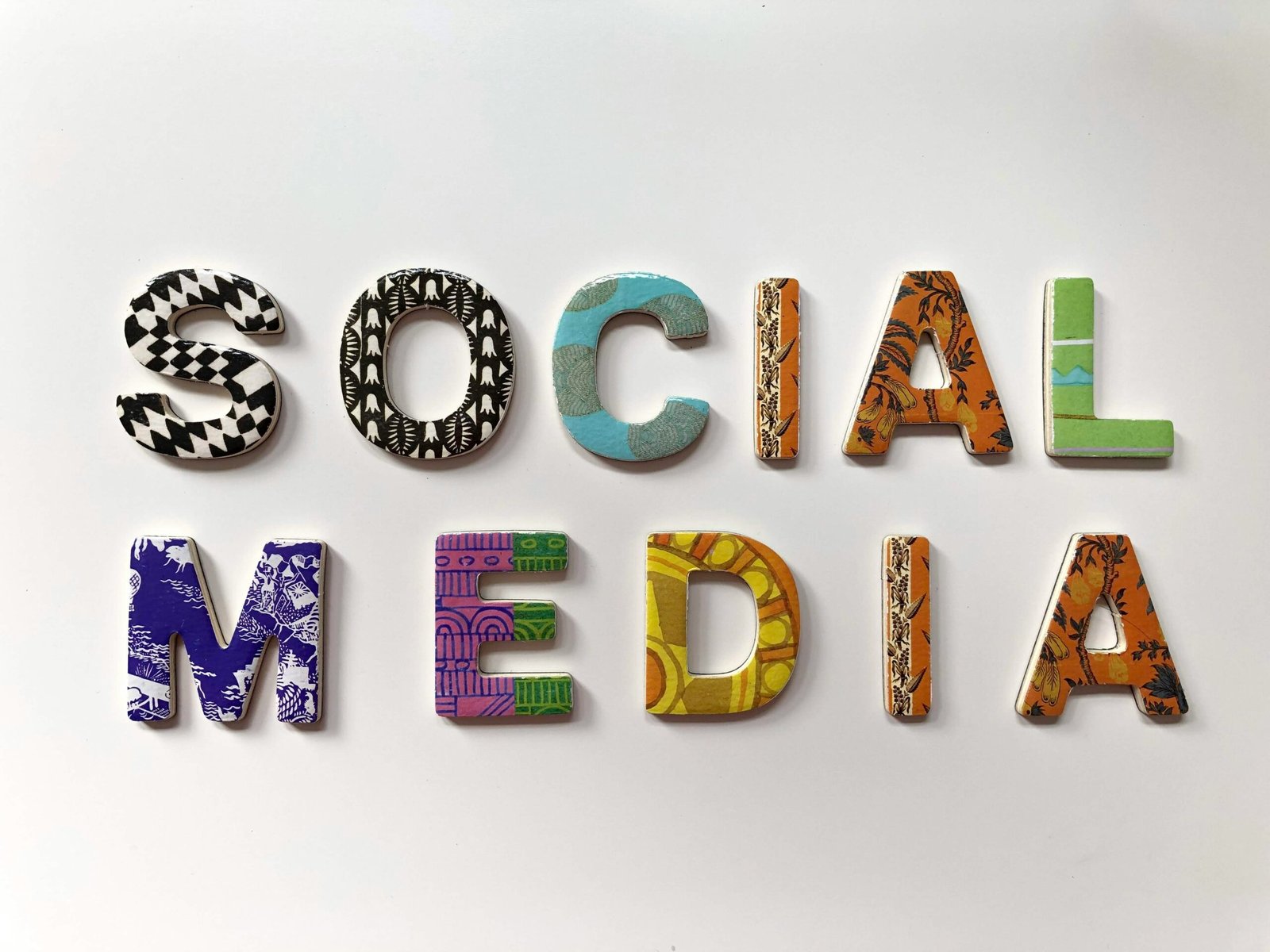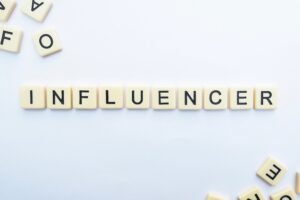Social media has changed the marketing landscape in a big way since the digital era began. Social media is now the primary medium for reaching target demographics for brands and perpetuating their usage on networks like Facebook Instagram, Twitter, and LinkedIn. But, nowadays the outcome of marketing campaigns on these platforms, relies on intricate algorithms that decide if the content should get high visibility and distribution. To refine their strategies and improve the results of their marketing goals, it is important for brands to know about the effect of social media algorithms on their marketing campaigns.
Role of Social Media Algorithms

Social media are algorithms built to deliver content to users based on their specific likes, dislikes, behaviors, and interactions. These algorithms dictate what users will see in their feeds, nudging forward the content they are most likely to engage with. Marketers should keep in mind how much of the content aligns with the algorithm which determines its hegemony in the feeds and engagement from the people.
Algorithms Driving Marketing Strategies
- Facebook: Through Facebook News Feed Algorithm: Facebook has a nuanced algorithm that values content from people over brand pages and respects genuine relationships. This also means that posts with higher engagement (likes, comments, shares) are more likely to show up in users’ feeds. This is why marketers must produce such riveting and immersive content.
- Instagram’s Feed and Stories Algorithm: Instagram ranks the content you will see on your feed and stories based on the time, your interactions with the content, and how likely you are to do so. It also takes the user. relationship to the content creator into consideration. To remain in the feed, so brands have to post frequently, cleverly utilize hashtags, and engage sincerely with the audience.
- Twitter Timeline Algorithm: Twitter shows a blend of real-time and algorithmic feeds with the top tweets based on user interactions, interests, and content recency. To get the most out of Twitter, it – like every other social network – depends on having a combination of timely posts and engaging new content.
- LinkedIn Algorithm: Content that is professional and specific to the interests and networks of a firm’s audience is prioritized by LinkedIn. Content that evokes dialogue and also delivers industry insights is often successful.
Impact on Marketing Campaigns
- Content Creation and Strategy- standards of social media algorithms mean change in how content should be created. Marketers need to put out good quality content that appeals to interaction. This includes the utilization of visual aids, videos, and interactive elements to catch attention and enhance engagement.
- When you are encouraged to use paid media: When algorithms on social media platforms focus heavily on paid media, or even sometimes limit organic reach to just a few percent (Facebook, we are looking at you), you may find yourself having to pay to ensure that your content reaches a wider audience. As a result, more dollars are being funneled toward social media advertising, which in turn, emphasizes how to place ads and target them to drive performance.
- Yet No One (except Influencers) WinsInfluencer Partnerships: Algorithms designed to prioritize user-generated content and personal interactions have given rise to influencer marketing. Working with influencers allows brands to tap into their pre-existing fan base, resulting in increased engagement rates. Authenticity from influencers will almost always resonate with audiences – thus syncing well with the algorithm.
- Live Engagement & Prompt Responding: Now that timeliness will be a factor, brands have to be nimble with their social media. You should keep engaging with comments and messages frequently and in real-time if possible to make sure you are staying as visible as possible and building a loyal community.
- Data-Driven Decision-Making: Social media algorithms offer insights into user behavior and preferences. Analytics tools help marketers monitor performance data, track audience demographics, and iterate.
Challenges and Considerations

- Changing Algorithm: Social media algorithms are always changing and those changes have major implications for companies. To keep the visibility and the effects of the content needs to marketers be up-to-date in the ever-changing algorithm to adapt their strategies.
- Remember to Be Authentic: Optimization for algorithms is only one part of the puzzle- authenticity still matters. Audiences can get turned off by content that feels overly optimized at the cost of genuine value. There is a balancing act that brands must play with meeting algorithmic preferences, but also offering purposeful content.
- Platform Dependence- if you depend too much on the algorithm that a particular platform uses, it can be dangerous. To a certain extent, dispersing social media strategies across different social networks helps to insulate any one platform from the repercussions of algorithm changes. This also helps in targeting a wider audience including various demographics.
Future Trends

- AI and Machine Learning: With the advancements of AI and machine learning to sophisticated algorithms, the algorithms will be able to predict better user preferences. These improvements in your further elaboration on the content delivery automatically unpin all our effects to the entertainer to reserve the individual marketing from taking over new creative!
- Personalization: The hyper-personalization trend isn’t new, and it will continue to become ever so personal with more and more tailored content experiences given in the palm of your hands, again thanks to algorithms. This probably sounds scary, but stick with me because what this means is that marketers are going to have to get good at using user data to build amazingly personalized campaigns that resonate with you as a one-of-a-kind human.
- Ethical Considerations – As public awareness around data privacy and algorithmic transparency grows ethical considerations will play a bigger part in social media marketing. However, they are sure to be messier than in the past, and brands will need to ensure that their practices are in line with new data use privacy legislation – and the new social norms around the use of personal data.
Conclusion
Social media algorithms are very influential when it comes to marketing campaigns. They determine how content is distributed, audience engagement, and the success of marketing efforts in general. Marketers, Can then use their intuitive knowledge of each platform’s algorithm to develop a more effective and engaging campaign. But this is a beautiful trick that needs the art of optimization but also the art of being real and rising early to know the channel changes and trends. With things always changing with social media, the relationship between algorithms and event marketing efforts will be an ever-changing and key practice for brands.





